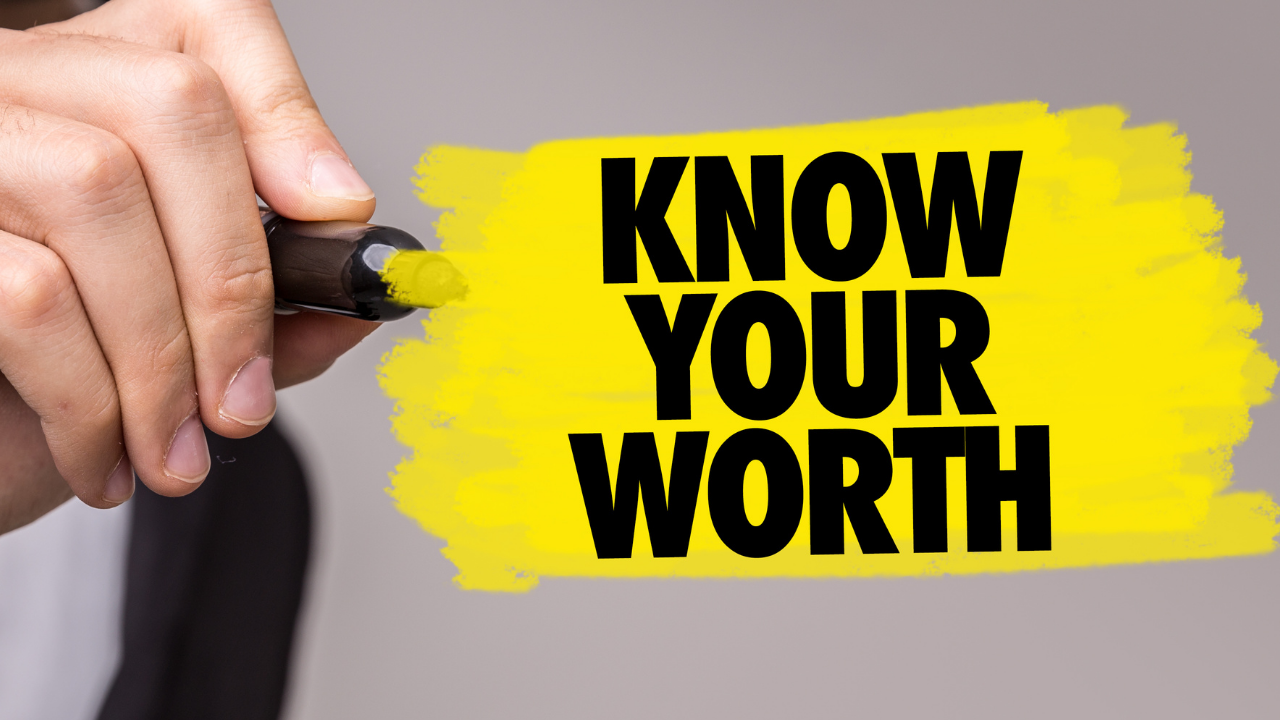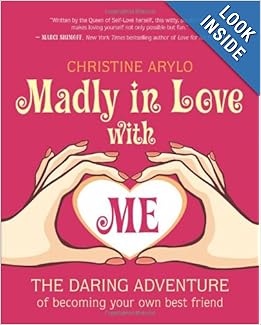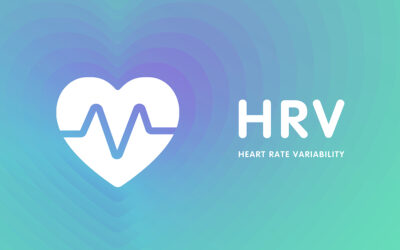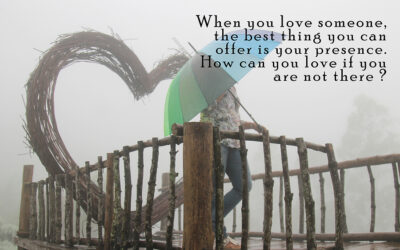Do you ever feel like you’re not enough? That you should be doing and giving more? I do!
Where does this come from? Why do we feel inadequate despite our achievements? Perhaps we have bought into the beliefs spread through our society in the self-sacrifice or self-esteem handbooks…
Self-Sacrifice Handbook, Extreme Edition
“Give, and then give more, and then give more, And even if there’s nothing left for you, or even when you have nothing left to give, give more. […] This old handbook taught women to equate our self-worth with how much we give and get done in a day – without regard for our own self-care, self-compassion, self-respect, self-pleasure (a.k.a. self-love). If we weren’t giving everything we had away, keeping ourselves busy or silently suffering or toiling in some way – oh, the guilt and feelings of inferiority.”
Self-Esteem Handbook
“Be smart, be confident, and be the best you can be. You can do, be, and have anything… We have learned to equate strength and success with getting a lot done, staying busy, and having financial success at any cost, even the cost of our own happiness…Full of self-esteem but lacking unapologetic self-care, we drive ourselves harder than ever before, striving to live up to the manufactured images that create our unrealistic expectations, which in turn feed our feelings of never being, doing or having enough. Lacking a strong sense of self-compassion, we never measure up and instead are extremely hard on ourselves, emotionally bludgeoning ourselves daily. Lacking unwavering self-respect, we ignore the state of our relationships and let our external self-confidence mask the deeper insecurities we can’t even admit to ourselves. Lacking self-worth, we never feel like we are enough no matter how much we do or achieve.”
Christine Arylo, “The Queen of Self-Love” offers another approach to building our self-worth that won’t leave us exhausted and unfulfilled. Her book, Madly in Love with Me, is the Self-Love Handbook. She teaches us that basing our self-worth on external variables, like the approval of others or number of tasks completed, is never going to produce lasting happiness and contentment.
Self-worth is not the same as self-esteem! I was surprised to learn this during her presentation “Know Your Worth” at the Sun Valley Wellness Festival last spring. I thought these were synonymous. Self-esteem, Christine explains is just one component of self-worth.
Using the analogy of a tree, Christine depicts self-worth as the trunk of the tree with roots planted deeply in the soil. This self-love tree has 10 branches all of which grow from and contribute to a sturdy trunk. For our self-worth to flourish all of our self-love tree branches must be nourished.
Branches of the Self-Love Tree
- Self-Care
- Self-Awareness
- Self-Acceptance
- Self-Trust
- Self-Esteem
- Self-Compassion & Forgiveness
- Self-Empowerment
- Self-Expression
- Self-Honor & Respect
- Self-Pleasure
It is not enough to have a few strong branches while others are withering. Self-worth comes from within and is a balancing act between the 10 components. If you’d like more self-love and peace for yourself I suggest making a commitment to bolster your dwindling self-worth branches in 2014! Check out Christine’s website for some cool stuff to get you started.




